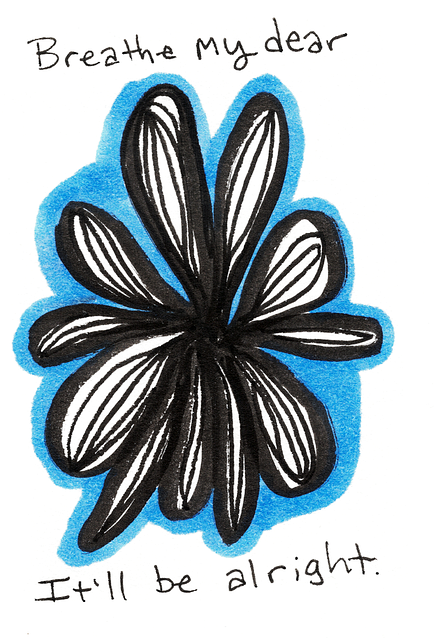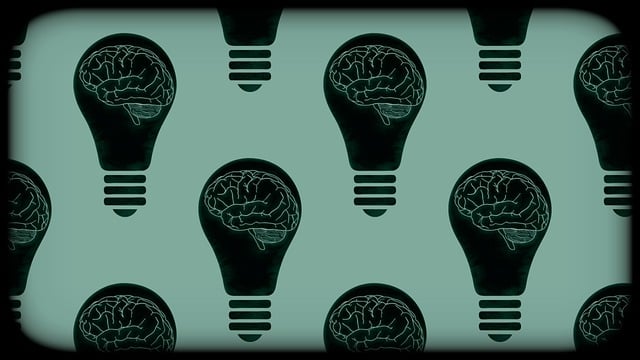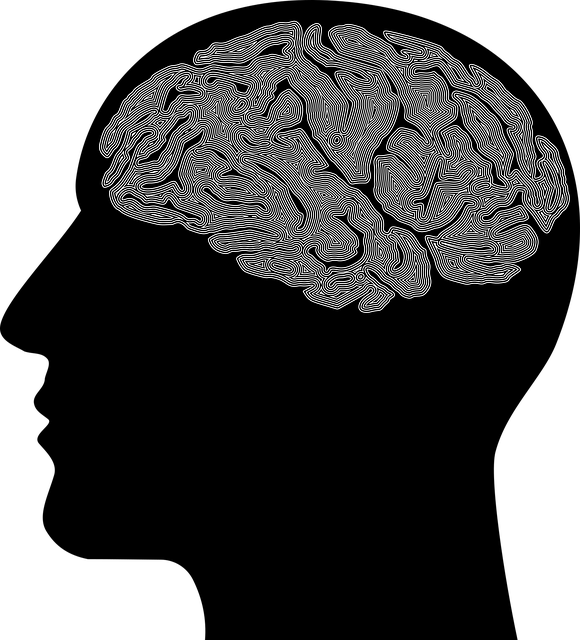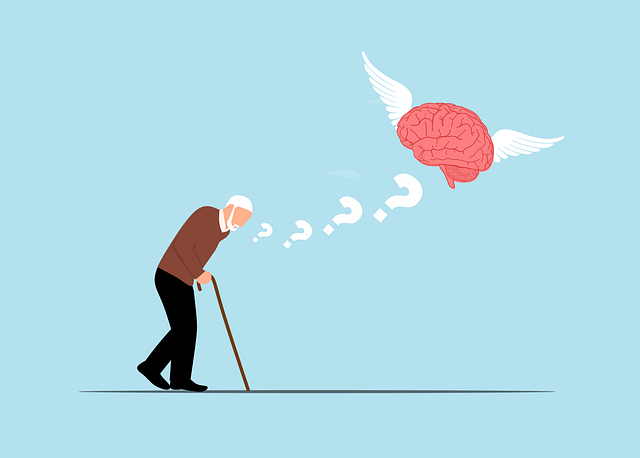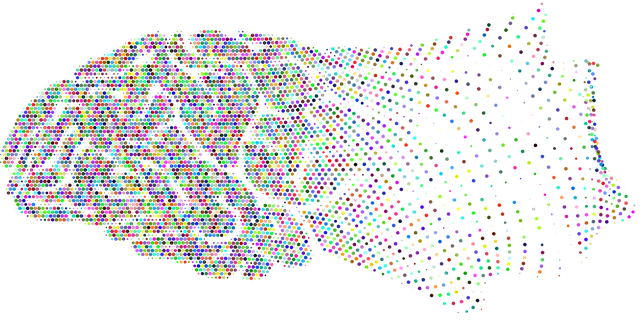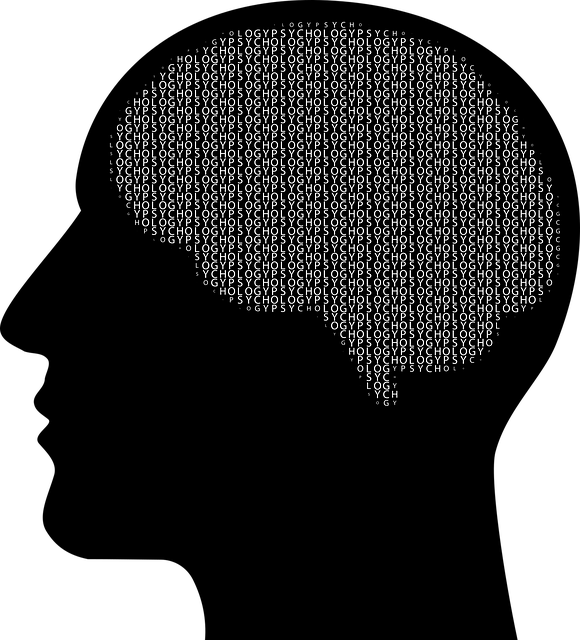Panic disorder and anxiety attacks in young children significantly impact daily life and require specialized therapy for young children addressing distinct thought patterns. Cognitive-behavioral therapy, mindfulness exercises, and education reduce stigma, empower kids, and support effective coping strategies. Mental wellness podcasts and advocacy initiatives raise awareness through community outreach, educational programs, and support groups, enabling early intervention and fostering mental health resources for parents, caregivers, and educators to help young individuals manage anxiety and promote long-term well-being.
Mental health advocacy initiatives play a pivotal role in addressing growing concerns about young children’s emotional well-being, particularly those suffering from panic disorder and anxiety attacks. This article delves into two key aspects: understanding the intricacies of these disorders in young minds and exploring the transformative power of mental health advocacy. We also scrutinize accessing therapy and support services tailored for this vulnerable demographic, emphasizing the importance of early intervention to mitigate long-term effects. By examining these elements, we aim to shed light on effective strategies to combat panic disorder and anxiety attacks in children through Therapy for Young Children Panic Disorder and Anxiety Attacks.
- Understanding Panic Disorder and Anxiety Attacks in Young Children
- The Role of Mental Health Advocacy Initiatives
- Accessing Therapy and Support for Young Children with Panic Disorders
Understanding Panic Disorder and Anxiety Attacks in Young Children

Panic disorder and anxiety attacks can significantly impact young children, affecting their daily lives and overall emotional well-being. It’s crucial to understand that these conditions are distinct from typical childhood fears or shyness. Therapy for young children with panic disorder often focuses on cognitive-behavioral techniques tailored to their age group. Through engaging activities and age-appropriate explanations, therapists help kids identify and challenge negative thought patterns contributing to anxiety.
Mental illness stigma reduction efforts play a vital role in ensuring these young individuals receive the necessary support. By educating parents, caregivers, and peers about panic disorder and anxiety attacks, we can foster an environment of understanding and empathy. Promoting emotional well-being through various techniques, such as mindfulness exercises or deep breathing activities, can empower children to manage their symptoms effectively. Additionally, mood management strategies taught in therapy sessions enable kids to recognize triggers and develop healthy coping mechanisms for a more balanced and productive life.
The Role of Mental Health Advocacy Initiatives

Mental health advocacy initiatives play a pivotal role in raising awareness and promoting understanding about various mental health issues, including panic disorder and anxiety attacks in young children. These initiatives often take the form of educational programs, support groups, and community outreach campaigns designed to destigmatize mental illness and encourage early intervention. By providing platforms for open dialogue and sharing valuable resources, such as a mental wellness podcast series production, these efforts empower parents, caregivers, and educators to recognize symptoms and offer appropriate therapy for young children suffering from panic disorder and anxiety attacks.
Moreover, advocacy initiatives focus on equipping individuals with effective tools for mood management and conflict resolution techniques. Through workshops, seminars, and accessible online resources, communities can be equipped to support young minds in navigating emotional challenges. This holistic approach ensures that not only are immediate needs addressed, but also long-term strategies for maintaining mental wellness are fostered, creating a safer, more supportive environment for children struggling with anxiety-related disorders.
Accessing Therapy and Support for Young Children with Panic Disorders

Accessing appropriate therapy and support for young children experiencing panic disorders is a critical aspect of mental health advocacy. Panic disorder in childhood can lead to severe and debilitating anxiety, affecting daily functioning and overall well-being. Early intervention is key; therefore, community outreach programs aimed at increasing awareness about anxiety disorders in children are essential. These initiatives should focus on educating parents, caregivers, and educators about the signs and symptoms of panic attacks and provide resources for effective coping strategies.
Implementing community outreach programs can help reduce the stigma associated with mental health issues among young people. Such programs can offer valuable support through group therapy sessions tailored to children’s needs, providing a safe space to express their fears and learn healthy ways to manage anxiety. By addressing burnout prevention and promoting anxiety relief techniques, these initiatives empower young individuals to take control of their mental health and foster resilience.
Mental health advocacy initiatives play a pivotal role in ensuring young children affected by panic disorder and anxiety attacks receive the necessary therapy and support. By increasing awareness, breaking down stigma, and improving access to specialized services, these efforts can significantly enhance the well-being of young minds. Empowering parents, educators, and caregivers with knowledge and resources is essential to early intervention and long-term management of these conditions, ultimately fostering a healthier and more supportive environment for children’s mental health.
